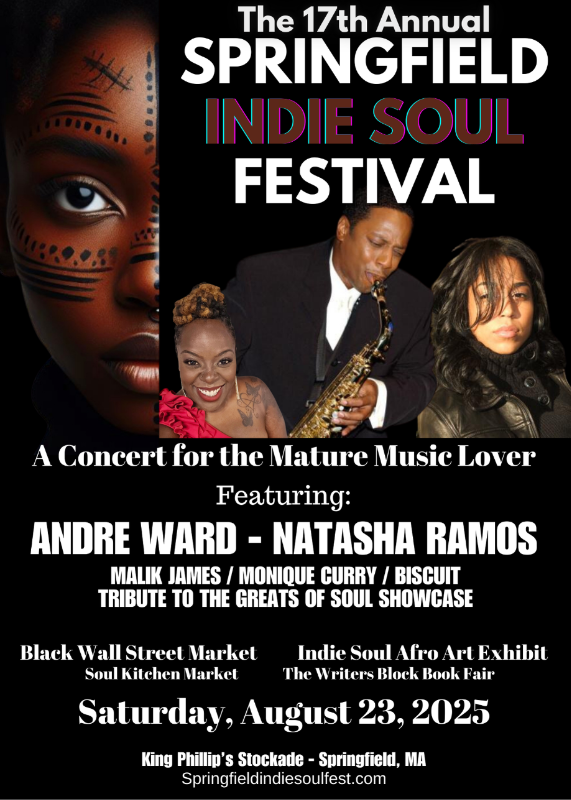I remember being a young girl, riding in the passenger seat of my grandfather’s Cadillac. From time to time, he would pick up my sister and me on Sunday mornings to take us to church. When I say that man was clean, I mean clean in every sense of the word. He stepped out in his Sunday best, determined to be one of the best-dressed men in town, if not the very best. My mother always sent my sister and me off with him in the cutest new dresses she could find at the local discount department store.
When it came to Sundays, our family took style seriously. My grandfather took deep pride in his church outfits, and because of him, my mother made sure we stepped it up a notch too. If he wore a white tailored suit, there was always a crisp white fedora to match, along with a pair of beautifully detailed church socks that pulled the whole look together.
It wasn’t until I was older that I realized those Sundays weren’t just about looking good. They were about being seen. In a country that so often tried to render Black people invisible, style became a form of presence.
Both of my grandfathers were part of the Great Migration, the historic movement that reshaped Black life in America. They loved fashion, not simply for vanity, but as an expression of pride, power, and dignity. Although they may not have called it resistance, every carefully coordinated outfit was a quiet act of defiance. It was their way of saying, “I am here. I deserve to be seen.”
Later I learned that this tradition had a name, especially among Southern Black men: Black Dandyism. But it was more than a style—it was a language. In the face of systemic oppression, elegance became a shield. Their suits, their polished shoes, and their feathered hats spoke when words could not. They said, “I, too, am America.”
This is why America insists on Black culture. Because Black culture is American culture. It is the soul, the sound, the style, and the swagger that this nation borrows time and time again, rarely gives credit for, and almost never pays the true worth of.
Take the Met Gala as an example. In recent years, and especially this year, the Met has leaned heavily on Black culture to set the tone. Whether it’s the themes, the aesthetics, the hairstyles, or the music, Black creativity is at the center. Yet, the names that receive the biggest applause are often not the ones who come from the culture being showcased.
America insists on Black culture because it cannot define itself without it. From music to fashion, from slang to soul food, Black influence runs through the veins of this country. And yet, the people behind that culture are often sidelined, silenced, or only celebrated when they are no longer a threat.
So when I think back to my grandfather’s white suit, his matching fedora, and those church socks that carried more history than any runway ever could, I realize he wasn’t just getting dressed for Sunday. He was preparing himself to be seen in a world that tried not to see him.
And that’s what Black culture has always done…made the unseen unforgettable.




